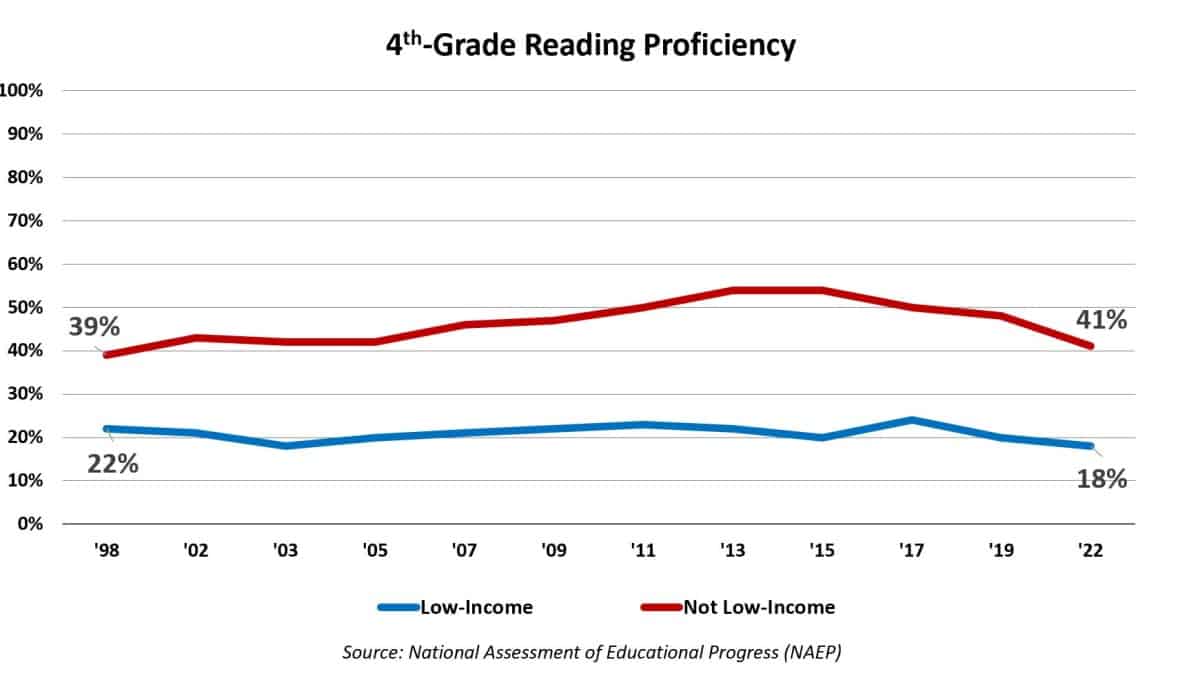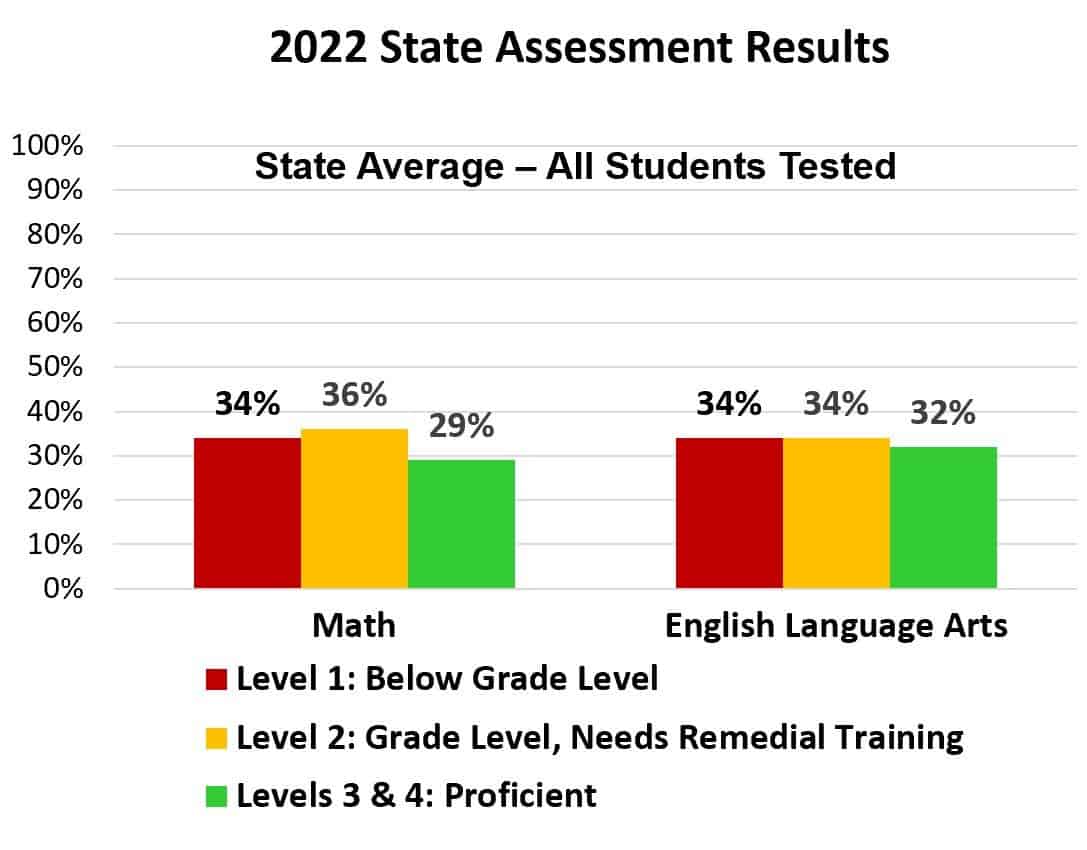The Kansas House of Representatives K-12 Education Budget Committee heard testimony earlier this week on House Bill 2218, which would eventually provide an education savings account (ESA) for Kansas students.
Titled the Sunflower Education Equity Program, it would allow parents the opportunity to enroll their students in the education program of their choice with the “base aid” funding of about $5,000 to be used for a specified list of educational options, including tuition to a private school.
Students in public school or who will be eligible to enroll in kindergarten in the fall would be eligible without limitation. An amendment by Committee Chair Kristey Williams (R-Augusta) phases in the ESA program for students currently enrolled in private school. This year participation would be limited to 2,000 families who earn less than 300% of the federal poverty limit. The second year would allow up to 4,000 students to participate whose family income is below 400% of the federal poverty limit. The income threshold would be lifted for the third year and up to 8,000 students could participate, and there would be no restrictions thereafter.
James Franko, president of the Kansas Policy Institute, which owns the Sentinel, spoke in favor of the proposal at the hearing earlier in the week.
Noting that his mother was a special education teacher and that his parents moved from Kansas City, Missouri, into Johnson County in order to give his brothers an opportunity for a better education, Franco said neither his testimony nor that of the other proponents of the bill should be taken as an attack on teachers or the public school system.
“Nor is it to offer some kind of a silver bullet,” Franko said. “It is simply to say that what we have been doing simply is not working.
“Just as certainly as everybody in this room cares about Kansas kids and cares about the educational opportunities before them. They’re also very well briefed … when it comes to the flat achievement that we have in this state over time, indeed, and staggering achievement gaps between lower-income kids and their higher-income peers. And again, nothing is here to say that this ESA is going to be the silver bullet that is going to write that wrong overnight.”
Per-student spending has grown much faster than inflation for more than 20 years, but achievement remained low and flat for some student groups while others declined. For example, reading proficiency for low-income 4th-grade students fell from 22% in 1998 to 18% last year, while their more affluent classmates showed a small gain, going from 39% proficient to 41% proficient on the National Assessment of Educational Progress.

Franko noted that a poll commissioned last year found that a staggering 65% of parents and grandparents in the Sunflower State either somewhat or strongly agreed with the idea of ESAs without limit.
Opponents of the bill, in some cases, showed open scorn.
KNEA Director of Government Relations and Elections, Lauren Tice-Miller, spoke in opposition. She put the onus on students to improve achievement levels, and she denied that “public schools are failing to meet the needs of Kansas children.
 “Kansas NEA believes that every child deserves a quality education that prepares them for a bright future, regardless of their zip code, their family’s economic status, their personal values or beliefs, their disabilities, their gender identity, and so on.” Tice-Miller said. “What that bright future looks like, though, is up to each individual child and what suits their strengths, talents, or interests — and not all of them are good at taking tests.”
“Kansas NEA believes that every child deserves a quality education that prepares them for a bright future, regardless of their zip code, their family’s economic status, their personal values or beliefs, their disabilities, their gender identity, and so on.” Tice-Miller said. “What that bright future looks like, though, is up to each individual child and what suits their strengths, talents, or interests — and not all of them are good at taking tests.”
Taken at face value, Tice-Miller’s statement indicates that having more students below grade level than are proficient is ‘meeting the needs’ of Kansas children.
In yet another denial of reality, Tice-Miller said “proving that nonpublic schools educate better is impossible.” According to the 2022 state assessment results, low-income students in the private schools that take the test have much better outcomes than their public school peers.
For example, just 13% of low-income students in Wichita public schools are proficient in English Language Arts, compared to 38% for the Wichita Diocese schools. Dr. Jamie Finkeldei, Associate Superintendent of the Catholic Diocese of Wichita, puts it this way: “Not only do our free/reduced lunch students score dramatically better than the state average for free/reduced lunch students, but our free/reduced lunch students slightly outperform the state average of all students. It is clear that free/reduced lunch students will do better if enrolled in our schools. Our schools benefit all students, but actually benefit free/reduced lunch students even more than our other students.”
Franko says that Kansas already has school choice — if you can afford it.
“Because the simple, unavoidable truth when it comes to these questions is that we have school choice in Kansas for the families that can afford it,” he said. “We do not have school choice in this state for families who cannot move or for families who cannot afford to go into their own pocket to send their kids to private schools.”
HB 2218 now advances to the House floor for a vote in the near future.



